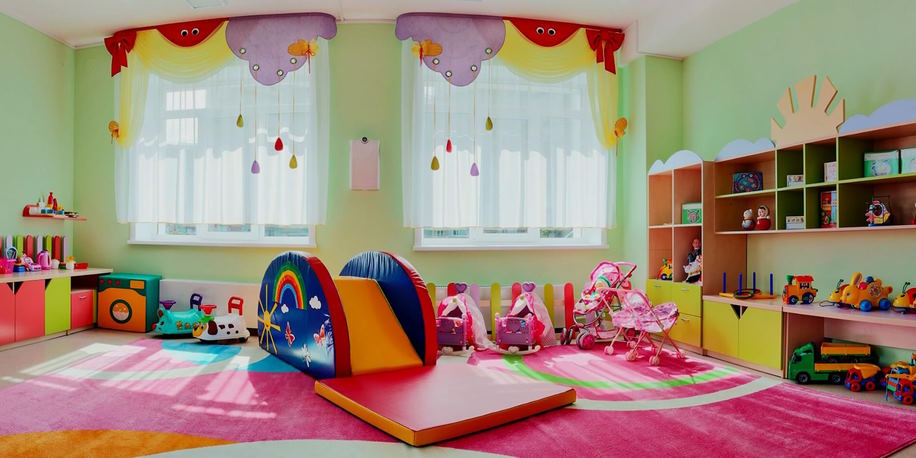Families can be a source of great joy and support but also a source of conflict and tension. Effective communication and conflict resolution are essential for navigating family dynamics and maintaining healthy relationships. In this article, we will discuss tips for communicating effectively and resolving conflicts within your family.
Practice Active Listening
Effective communication starts with active listening. When someone is speaking, give them your full attention and avoid interrupting or jumping to conclusions. Instead, repeat what you heard to ensure that you understand their perspective correctly. It will show that you respect their feelings and opinions and can help avoid misunderstandings.
Use “I” Statements
When expressing your own feelings or opinions, use “I” statements rather than “you” statements. It helps to avoid blaming or accusing and makes it easier for others to understand how you feel. For example, instead of saying, “You never listen to me,” say, “I feel unheard when we don’t communicate effectively.”
Stay Calm
Emotions can run high in family dynamics, but staying calm and avoiding reacting impulsively is important. Take a deep breath and try to remain objective. Speak calmly and respectfully, and avoid using negative body language, such as crossing your arms or rolling your eyes.
Find Common Ground
When resolving conflicts, look for common ground and areas of agreement. It will build a sense of teamwork and collaboration. Focus on finding solutions rather than placing blame, and be willing to compromise to reach a resolution that works for everyone.

Seek Outside Help
Sometimes, conflicts within families can be challenging to resolve on your own. Don’t be afraid to seek outside help from a mediator or a therapist. A neutral third party can help to facilitate communication and guide you towards a resolution that works for everyone.
Establish Boundaries
It’s important to establish boundaries within your family to maintain healthy relationships. Discuss and agree on acceptable and unacceptable behavior, and ensure that everyone respects these boundaries. It will avoid conflicts and misunderstandings in the future.
Practice Forgiveness
Inevitably, conflicts will arise in families. It’s important to practice forgiveness and let go of grudges to move forward and maintain healthy relationships. Holding onto anger and resentment can create tension and damage relationships over time. Forgiveness can help to heal wounds and foster understanding and compassion.
Avoid Triangulation
Triangulation is a common pattern in family dynamics where one family member pulls in a third party to resolve a conflict. It can be harmful and create a sense of betrayal and mistrust within the family. Try to avoid triangulation and work on resolving conflicts directly with the people involved.
Be Open to Change
Families are dynamic and constantly evolving, and being open to change is important. As children grow up and become adults, family dynamics can shift, and adjusting and adapting to these changes is important. Be open to new perspectives and ways of doing things, and be willing to embrace change to maintain healthy relationships within your family.











